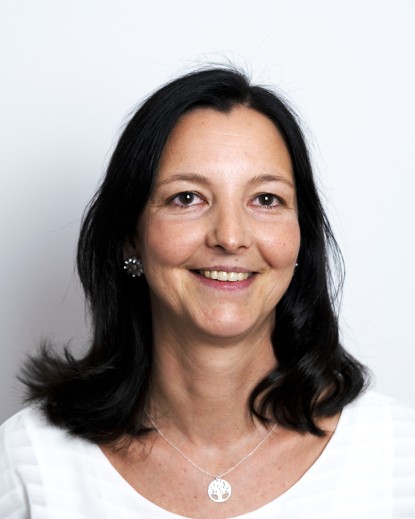CRC 150


Turbulente, chemisch reagierende Mehrphasenströmungen in Wandnähe
Collaborative Research Centre/Transregio 150 associates scientists of Technische Universität Darmstadt (TUD) and the Karlsruhe Institute of Technology (KIT) with the common goal of understanding and explaining processes involved in turbulent, chemically reactive, multi-phase flows near walls. More
CRC 129 – Oxyflame


Development of Models and Methods to describe Solid Fuel Combustion in an Oxy Fuel Atmosphere
The safe supply of energy and electrical power will require operation of conventional power plants in the next decades until technical development enables the supply mainly by regenerative sources at minimum emissions of climate gases. More
CRC 75


Droplet Dynamics Under Extreme Ambient Conditions
The fundamental understanding of droplet dynamics is the critical prerequisite to the prediction of natural processes and the optimization of technical systems. Many of these processes happen under extreme ambient conditions – e.g. high pressure or extreme temperatures – and can already be found in technical applications, despite the absence of fundamental knowledge. More
SFB 1487
Iron, upgraded!
Iron is a reasonable choice as a substitute for critical metals due to its chemical properties, low cost and easy availability. With combined expertise, we aim to elucidate the influence of the chemical environment so that we can optimize the catalytic, magnetic and optical properties of iron in a targeted manner.
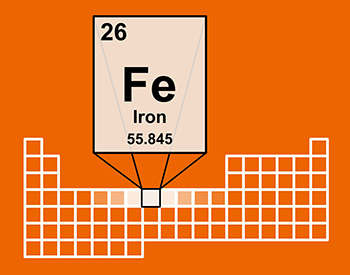
Clean Circles
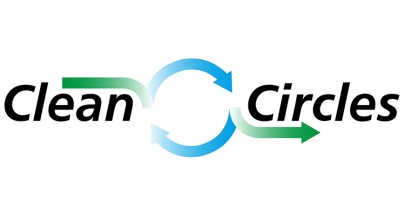
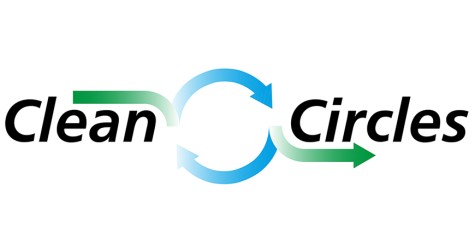
Iron has enormous potential to boost the energy transition. The project Clean Circles teams up scientists from multiple disciplines to explore how the metal and its oxides can be used in a cycle as carbon-free chemical energy carrier to store wind and solar power.
NAMOSYN


Nachhaltige Mobilität mit synthetischen Kraftstoffen
Ziel des Projektes ist es, synthetische Kraftstoffe für Diesel- und Ottomotoren zu entwickeln und zu testen, die nachhaltig produziert und genutzt werden können. Das bedeutet, dass das beim Fahren emittierte CO2 zuvor aus anderen Quellen entnommen wurde, so dass in der Summe wesentlich weniger Treibhausgase durch die Nutzung des Kraftstoffs freigesetzt werden. Dies ist die Hauptmotivation zur Entwicklung der synthetischen Treibstoffe, auch SynFuels genannt.
FOR 2687
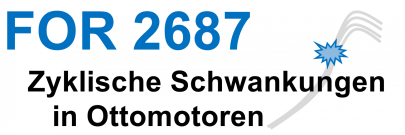

Cyclic variations in highly optimized spark-ignition engines: experiment and simulation of a multi-scale causal chain
Internal combustion engines, in particular gasoline engines, operate with cyclic variations. Cyclic variability has been observed since the earliest scientific studies on internal combustion engines in terms of the changes in easily measurable operating parameters, such as the maximum cylinder pressure, from one cycle to another. In extreme cases, these variations can lead to misfires or knocking combustions, and in supercharged engines under certain conditions also to so-called mega-knock. Cyclic variations and the resulting unstable combustion are the major limitations for further efficiency improvements in highly optimized gasoline engines. Better understanding and modeling of the underlying physical-chemical processes offer the potential to achieve significant improvements in terms of stability, efficiency and emissions.
IGF 206 EN
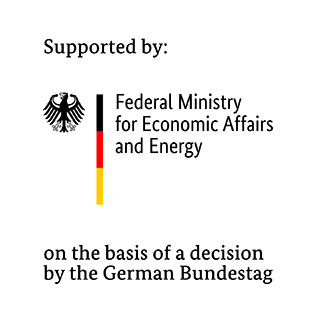
Wall Heat Transfer in Otto Engines
Improved description of heat transfer from in-cylinder gases to combustion chamber walls in spark ignition premixed Otto engines. A collaborative research project with the Technical University of Darmstadt (TUDa) and the Swiss Federal Institute of Technology in Zurich (ETH).
IGF 20909 N


Benchmark platform for scale-resolving simulations
An experimental-numerical benchmark platform for scale-resolving simulations with a focus on ignition and early flame propagation. A research project at the Institute for Reactive Flows and Diagnostics (RSM) at the Technical University of Darmstadt under the direction of Prof. Dr. habil. Andreas Dreizler and at the Institute for Simulation of Reactive Thermo Fluid Systems (STFS) at the Technical University of Darmstadt under the direction of Prof. Dr.-Ing. Christian Hasse.
Together with the research group Optical Diagnostics and Renewable Energies (ODEE) at Darmstadt University of Applied Sciences (h_da), RSM is offering a cooperative doctoral platform to students.
Within the TUDa research field Energy and Environment (E+E), RSM is one of the central institutes in the field of research on sustainable solutions for energy conversion. At TU Darmstadt, scientists from engineering, humanities, social and natural sciences work together, because the big questions of our time are best answered together.
Close cooperation in the field of validation and development of numerical simulations with the Institute Simulation of Reactive Thermo-Fluid Systems (STFS) at the TU Darmstadt
The Darmstadt Engine Workshop aims at networking research groups working experimentally or simulatively on flows and combustion in internal combustion engines.



